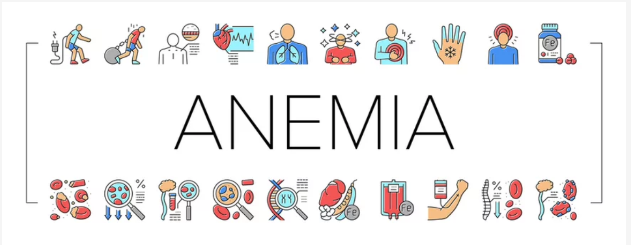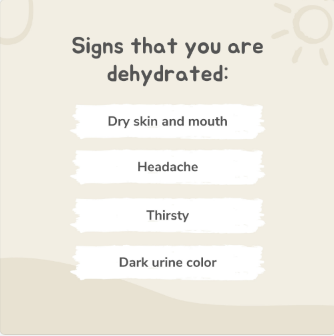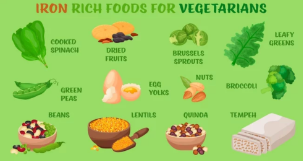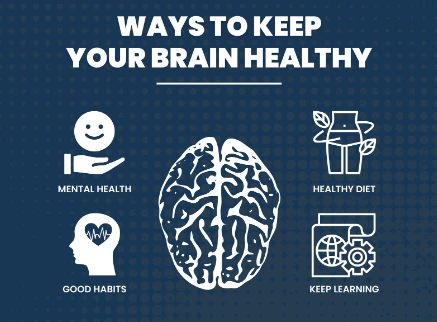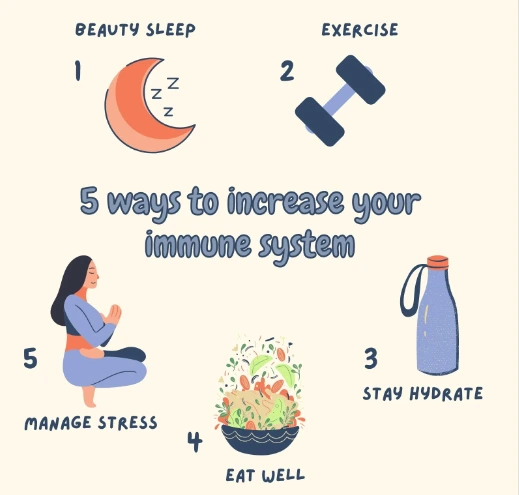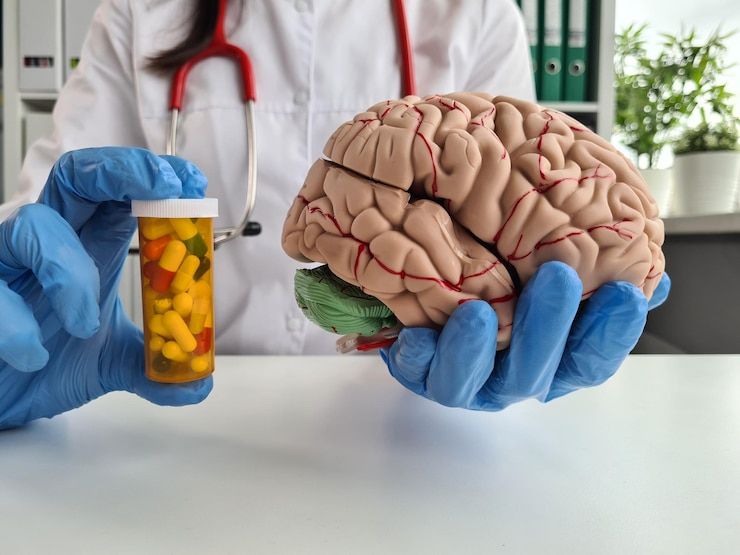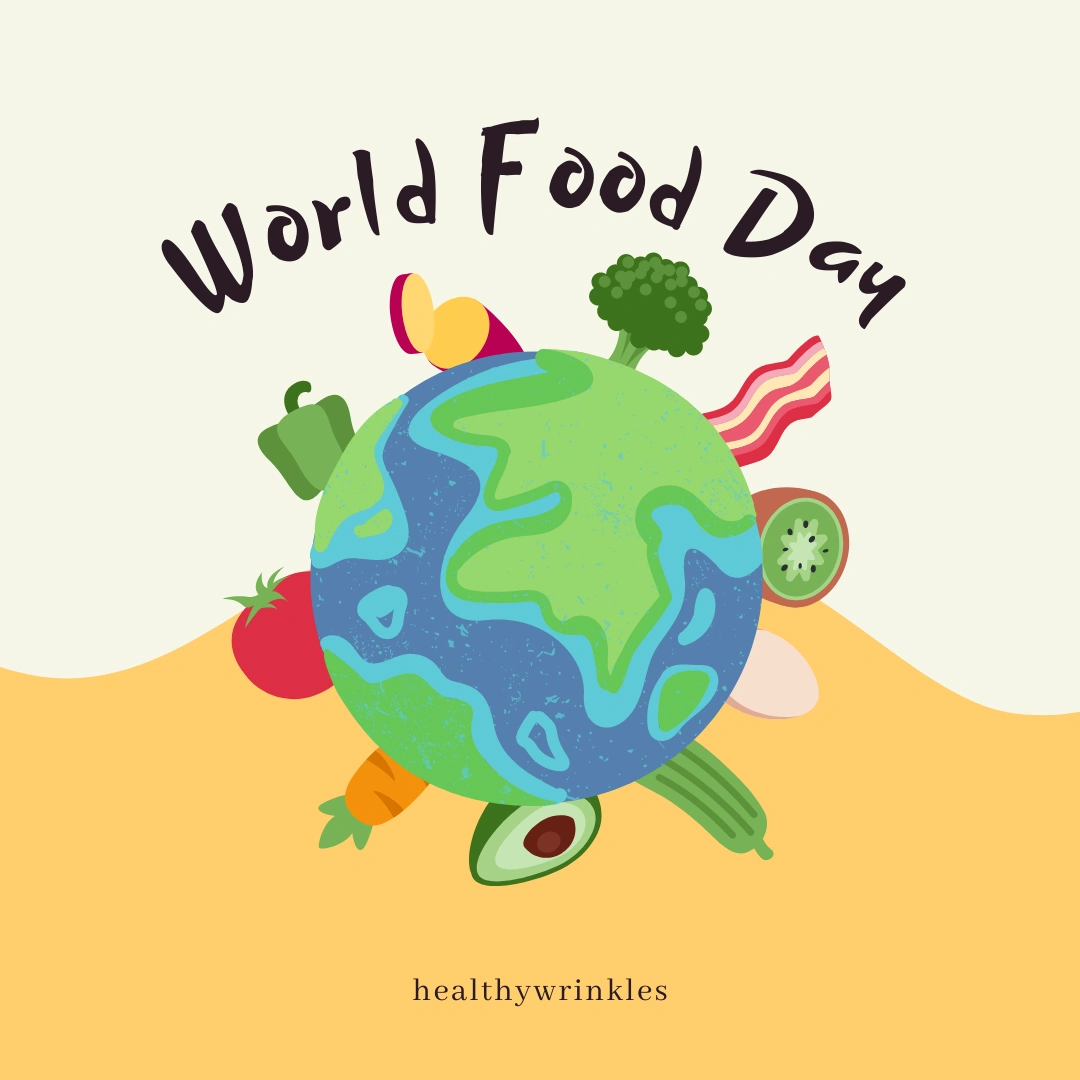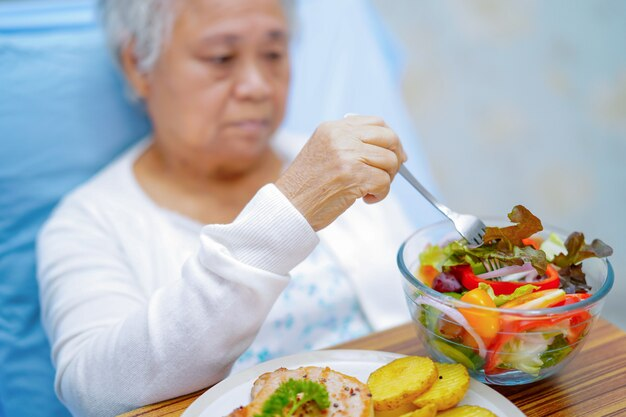Do fruits and vegetables help to improve the mental health of seniors?
04-10-24
Role of Fruits and Vegetables in the Mental Health of Seniors
Do fruits and vegetables help to improve the mental health of seniors?
Do you know that even the best cars in the world will not perform if they don’t get the right fuel? Our bodies are like cars. When we feed them the right fuel (nutrients), they work well. A balanced diet with all the adequate nutrients is essential for a healthy life. But what about our mental health? As we age, not just our physical health but, our mental health too begins to decline. Is there food for thought? What kind of food can help to improve elderly mental health?
Seniors and mental health
People may go through life transitions as they become older, such as dealing with a serious illness or losing a loved one, that affects their mental health. While a lot of people will cope with these changes in their lives, some may feel depressed, lonely, or socially isolated. If these feelings persist, they may lead to mental disorders like anxiety and depression.
Nutrition and mood disorders
Healthcare providers categorise all forms of depression and bipolar disorders together under the umbrella term "mood disorder." Energy balance and nutrient intake impact neurotransmitter levels and promote brain changes to determine the likelihood of developing mood disorders.
Vitamin B12 absorption is frequently compromised in elderly individuals. Nutrient absorption can also be hampered by other medical disorders or the drugs used to treat them, such as proton pump inhibitors. Ageing adults who experience depression are more likely to have poor diet, inflammation, obesity, intra-abdominal fat, and metabolic syndrome combined. Check out our YouTube video on a balanced diet for ageing people here https://youtu.be/zn_ewldbbFQ?si=KosRD9FnD4m-UEzo
Role of fruits and vegetables in your mental health
Fruits and vegetables have a high nutrient content, which may be significant in the case of depressive disorders. Research has indicated that a well-balanced diet may play a role in the prevention and treatment of mental disorders. Certain nutrients, such as complex carbohydrates and fibre (linked to glycemic index), vitamin C and B vitamins, carotenoids, potassium, and polyphenols, are connected to mental health and should be included in a diet. Fruits and vegetables are recommended as good sources of these nutrients.
In addition to physical health, cognitive and mental health are significant factors in morbidity in the ageing population. Increased fruit and vegetable consumption is linked to a lower risk of dementia and cognitive impairment, according to a recent meta-analysis by Jiang and colleagues. As per research, the consumption of fruits and vegetables was found to be associated with enhanced verbal memory, delayed verbal recall, and verbal fluency in older persons. Consuming fruit has a substantially greater impact than eating vegetables.
Which fruits and vegetables improve mental health?
FRUITS FOR OLD AGE:
Berries - Berries are a natural source of flavonoids, which are plant pigments that enhance memory. According to a study conducted by scientists at Harvard's Brigham and Women's Hospital, women who ate two or more servings of blueberries and strawberries each week were able to postpone memory loss by up to 2.5 years.
Apples - Apples are high in antioxidants that can lower the rates of depression.
VEGETABLES FOR OLD AGE:
Green leafy vegetables - Broccoli, collards, spinach, and kale are examples of leafy greens that are high in nutrients that support brain function, including beta carotene, lutein, vitamin K, and folate. Certain plant-based diets may help prevent or delay cognitive ageing, according to research.
Colourful veggies - Colourful vegetables like tomatoes and peppers have higher antioxidant content which has been linked to lower rates of depression. Antioxidants fight inflammation, which has been connected to mental health. These foods also include a range of vitamins, minerals, and fibre that are vital for good health in general, which includes mental health.
Healthy eating habits for good mental health
It is best to consult a certified dietician and your doctor to understand the best healthy eating habits for better mental health. The following table guides you on how older adults can achieve healthy eating habits:
Promote three regular meals, including a substantial breakfast for those most alert at this time of day. Include nutrient-rich options, such as egg, tomatoes, mushrooms, baked beans, peanut butter (sugar, salt and palm oil-free), milk, yoghurt, fruit and seeds. Limit cheap fillers, such as bread, hash browns or potato waffles. Satiety, nutrient adequacy, optimal glycaemic control, serotonin production.
Include nourishing between-meal snacks for those with poor appetites or underweight. his can include cheese/ egg/peanut butter sandwiches, cereal and milk, cheese and biscuits and nourishing drinks, such as Horlicks, Ovaltine or hot chocolate. Energy and nutrient adequacy, maintenance of glucose supply to the brain.
Encourage reduction in sugar consumption and sweet preference. Limit sweeteners as they maintain a 'sweet tooth', are found in highly processed products and may affect mood. Encourage nutritious savoury options, such as cheese and biscuits or peanut butter on toast. For those trying to lose weight, support gradual sustained loss rather than severe caloric restriction. Maintain glycaemic control, energy balance, satiety and support serotonin production.
Promote whole grains throughout the day. This includes porridge/oat cereals, brown rice and potatoes with skins. Encourage lentils, beans, nuts, and seeds. Support good glycaemic control, nutrient adequacy and healthy bowel function.
Encourage 5-a-day, texture-appropriate fruit and vegetables (in a wide range of colours). This includes stewed fruit, fruit compote, fruit salad, bananas, grapes, tinned fruit in juice and up to one glass of unsweetened fruit juice per day, rather than whole apples, pears or plums. Inclusion of a wide range of micronutrients and phytochemicals. Modified texture as needed to meet the needs of those living with dysphagia, poor dentition or cognitive impairment.
Include texture-appropriate protein at each meal. Vary over the week with beans, lentils, soy mince, Quorn, eggs, and dairy. Include softer options of red meat, such as fine beef mince or corned beef, 2-3 times a week and oily fish at least once a week.
Provide fibre, satiety, protein, omega 3, iron, calcium and B12 adequacy.
Table: Older adult healthy eating guidance {Harbottle L. The effect of nutrition on older people's mental health. British Journal of Community Nursing. 2019 Jul 1;24(Sup7): S12-6}
Get diet tips for the elderly from our expert nutritionist here https://youtu.be/qy1j21bTpSU?si=M7Qt4NbYBcGyLTBa
Conclusion:
In old age, mental health is impacted due to loneliness and isolation. Further, mood disorders substantially worsen the quality of life and raise morbidity. Your diet can help improve your mental health as you age. Choose colourful fruits and vegetables that are rich in antioxidants and work to protect against depression and memory loss. Before choosing your diet, speak to your doctor and a certified nutritionist for the apt guidance.
Whether you are searching for informative articles, or looking for listings of senior care service providers, Healthy Wrinkles is an excellent resource for all your senior care needs. We also have a great compilation of all the medical expert talks for healthy ageing on Healthy Wrinkle YouTube channel.
Disclaimer: Healthy Wrinkles does not recommend or offer any medical diagnosis, treatment, or advice. The information provided here is only for the awareness of disease or ailment among individuals, caregivers, and the public. The advice of doctors, licensed professionals, or therapists who are knowledgeable about your particular situation should always be sought before using the information provided here. It should also not be used in the event of a medical emergency or for the diagnosis or treatment of any medical condition. If you want urgent assistance, contact a qualified medical professional.
References:
1.Older Adults and Mental Health from https://www.nimh.nih.gov/health/topics/older-adults-and-mental-health
2.Mood disorders from https://www.hopkinsmedicine.org/health/conditions-and-diseases/mood-disorders#:~:text=Overview,of%20depression%20and%20bipolar%20disorders.
3.Harbottle L. The effect of nutrition on older people's mental health. British Journal of Community Nursing. 2019 Jul 1;24(Sup7):S12-6.
4.Foods linked to better brain power from https://www.health.harvard.edu/healthbeat/foods-linked-to-better-brainpower
5.Głąbska D, Guzek D, Groele B, Gutkowska K. Fruit and vegetable intake and mental health in adults: a systematic review. Nutrients. 2020 Jan 1;12(1):115.
6.Gehlich KH, Beller J, Lange-Asschenfeldt B, Köcher W, Meinke MC, Lademann J. Consumption of fruits and vegetables: improved physical health, mental health, physical functioning and cognitive health in older adults from 11 European countries. Aging & mental health. 2020 Apr 2;24(4):634-41.
7.Gautam M, Agrawal M, Gautam M, Sharma P, Gautam AS, Gautam S. Role of antioxidants in generalised anxiety disorder and depression. Indian journal of psychiatry. 2012 Jul;54(3):244.
